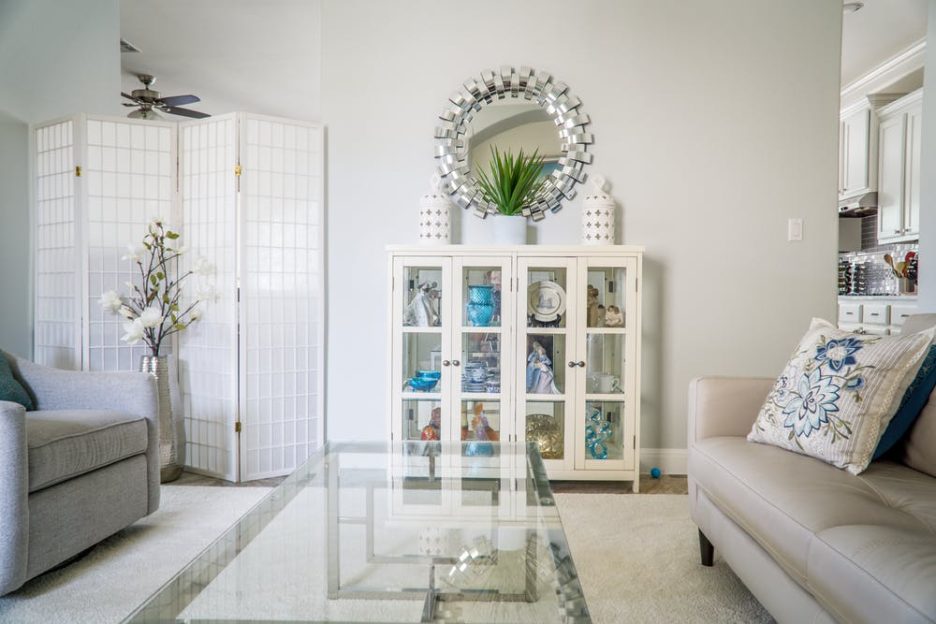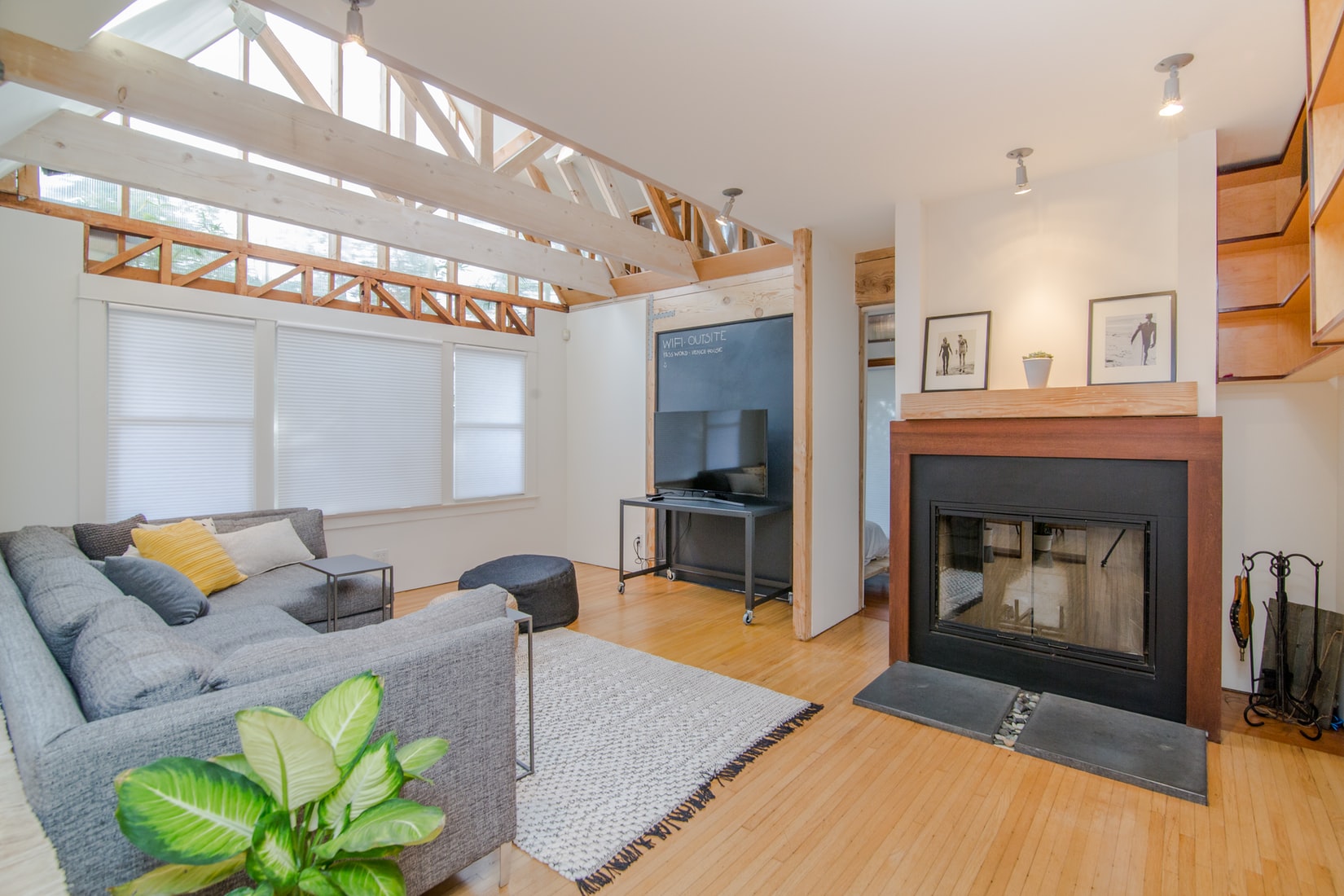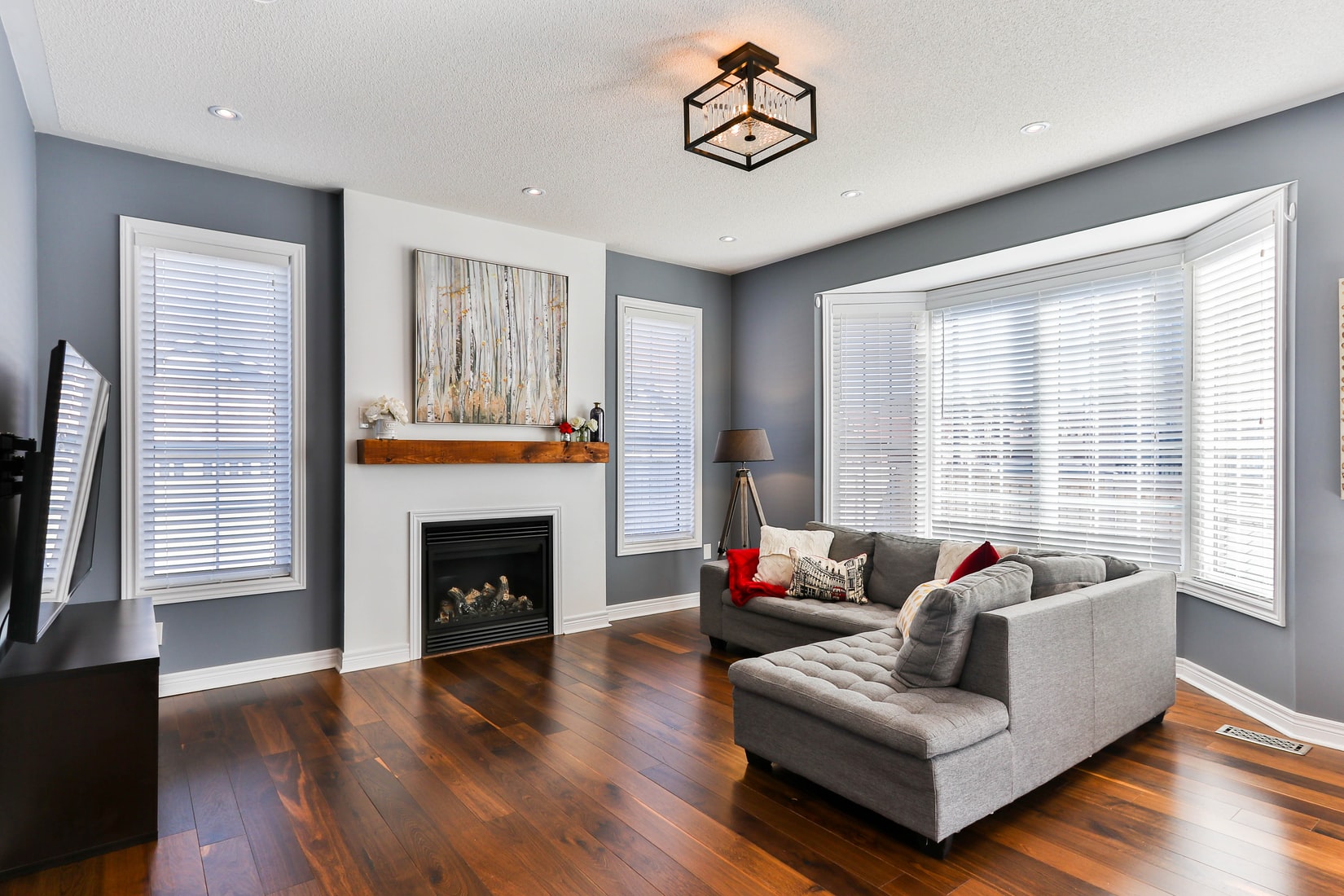If you’re reading this, it probably means you took heed of the popular financial advice to invest in real estate. Great move! Real estate can be a lucrative investment as long as you handle it the right way.
Many homeowners get in the income property game by renting out their vacation home when they aren’t using it. If that home is in a hot area like South Florida, you could be raking in the cash before you know it.
There’s one problem renting a vacation home is much more hands-on than most folks realize. You have to respond to inquiries, manage a schedule, process payments, and that’s just the booking procedure. Don’t forget about preparing the home for each renter and cleaning up after they leave.
The fantastic news is that hiring a property manager can take these tasks off your plate. Here’s how:
The Benefits of Hiring a Property Manager for Your Rental Vacation Home
Hiring a property manager can free your time up while also adding to your profits. Check out these benefits they can offer:
No Longer Chasing Renters for Payment
Cash flow is vital once you have a mortgage and maintenance costs to pay. Sometimes collecting payment is harder than it sounds. This is even more of a hassle if you let renters pay their fees in a few installments.
Property managers are prepared for the hassle of payment collection. They also have systems in place to deal with it in a more efficient way. Chances are that it will take them less time than it might take you.
Understanding of the Local Market
A rental property is like any other business: you have to understand the local market to do well. Market research informs your pricing, your amenities, and much more.
When you hire a property manager near your vacation home, they already have this understanding. They can advise you about your price points and the amenities that will make you competitive in the area.
Marketing Insight
In that same vein, property managers understand how to market your property based on the area. They know where vacationers look when they want to rent in South Florida, and they know how to present your listing visibility.
Part of the problem with marketing a vacation home is that it is time-consuming. There are so many websites where you want to list your property, and they each require individual attention. A property manager can take the task off your hands.
Screening for Long-Term Tenants
If you’re thinking about a rental for long-term tenants, you want to screen them first. The screening procedure for tenants is a time-consuming one if you want to make certain that you’re getting good renters.
A property manager knows what to look for and can manage the vetting procedure for you. They already know how to pull credit reports, assess court and criminal records, interview references, and much more. They also understand the red flags that signal a bad tenant.
Attentive Financial Tracking
Keeping strict financial records is vital for an income property. It can help you track your profits, identify unneeded expenses, and follow tax laws.
Proper financial tracking can be a challenge if you are tight on time. There’s also a fear that you’ll miss valuable information which can have serious consequences. A property manager already knows how the handle these finances. A reputable one will also have financial software and tools to do the job.
Legal Knowledge
There are legal requirements for any sort of business agreement, and there are strict laws about tenants and landlords. This also applies to short-term rentals such as vacation homes.
Keeping up with these laws in your practices and your documents can be a challenge.
If you rent a property manager, however, they already have this information and know how to keep you in the clear. Keep in mind that these laws are different in each state, so hire a property manager who is near your vacation home.
Availability
If you’re like many people, you live hours away from your vacation home. So what do you do if a renter calls you with an emergency?
If you have a property manager nearby, you don’t have this concern. They’re available when you need them so they can handle emergencies. They can also deal with non-emergent convenience issues, like bringing guests extra towels or toiletries.
Assistance with Repairs and Renovations
Like any construction, your vacation home will require repairs and maintenance from time to time. If you’re hours away, it’s hard to find reputable contractors and keep an eye on their work.
A property manager, on the other hand, offers a distinct advantage. As a local professional in the industry, they know the which contractors will do the job for a fair price. They’re also available to drop by and make sure the work is proceeding as promised.
Property managers also tend to develop professional relationships with local contractors. They may be able to get you a better deal, or the contractor may be motivated toward an on-time completion.
Prompt Turnover and Inspection
When it comes to your bottom line, this is the most beneficial advantage of a property manager. Let’s say you live hours away from your vacation home. When a renter leaves, you need enough time to get into the property, inspect it, clean it, and prepare it before the next renter arrives.
If you have a full-time job, chances are that you can only handle this task on weekends. That means if a renter leaves on a Monday, you have to wait a week before re-renting it.
A property manager, on the other hand, can facilitate a fast turnaround. If a renter leaves in the morning, they can turn the property around for an afternoon rental on the same day. This could double your income from the property in some cases.










